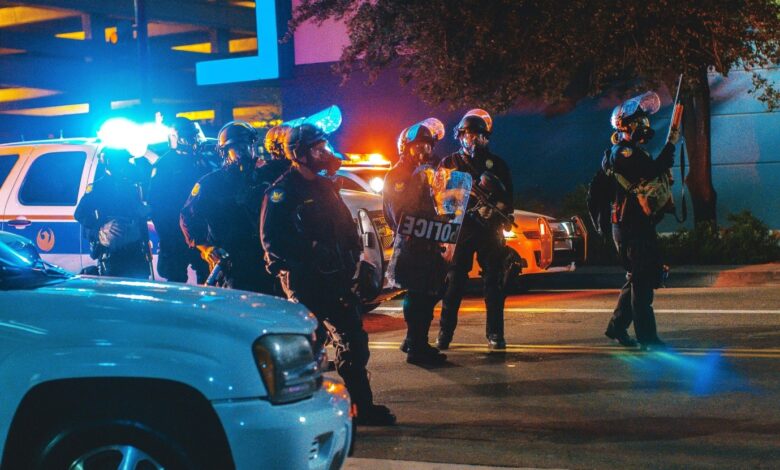CODE ENFORCEMENT LAW: THE WHAT, WHY, AND HOW

We do many things to make ourselves feel safe and secure in our neighborhood. Maintaining adequate lighting in your area at night is one way to ensure security. Streetlights can be implemented, or locals can be encouraged to leave their porch lights on. Furthermore, it’s crucial to notify the authorities immediately of any questionable conduct. These modest actions, however, will fall short in the face of more pressing problems and security risks. People seek laws that will safeguard them from danger. Unfortunately, a threat does not always come from outside. It can be an insider’s job as well.
Would you like to live next to a house that is in ruins? Don’t you think a poorly maintained house next to your house will negatively impact your property value? If a house is constructed not following the city code, who will come to demolish the construction? These are important questions that require proper answers.
What Is Code Enforcement Laws: Not everyone knows the code enforcement laws. Homeowners are more familiar with the laws than renters. Code enforcement laws are put in place to ensure that buildings and properties meet certain standards. These laws establish minimum standards for the people’s general welfare, health, and safety. Violations can result in fines and even legal action.
What Is The Goal: Why can’t I build my house anyway I want on my property? Do I not live in a free country? Why does the government not keep its nose where it belongs? Well, the main reason the government is all up in your business is for your good. Preventing dangerous situations is one of the primary aims of code enforcement regulations. For example, fire risks, structural issues, or unhygienic living conditions can occur. Local governments can contribute to ensuring the security and well-being of their constituents by implementing these laws.
- Code enforcement laws can help maintain property values and community standards. Properties that are up to code and are well-maintained can have a good effect on the neighborhood. They help improve the property value of an area.
- Such laws are an important tool for ensuring the safety and livability of our communities.
What The Officers Do: It might seem that the officers have an easy task, but they don’t. A code enforcement officer is in charge of making sure that local laws and ordinances are adhered to. To find any infractions, they look into complaints and inspect properties.
- When a violation is found, the officer collaborates with the property owner to develop a plan to have it fixed. They may issue citations or warnings and even pursue legal action if necessary.
- Code enforcement personnel crucially maintain a community’s integrity and safety. By upholding the law, they assist in making sure that everyone is held responsible and that neighborhoods continue to be secure and desirable places to live.
The code enforcement software is designed to assist municipalities in enforcing building codes and zoning regulations. The goal of the software is to make the task of the zoning officers easy by giving inspectors a mobile application that enables them to record violations in real-time. It automates the inspection process and makes it hassle-free. The digital software also allows tracking violations and producing reports for subsequent actions. It assures adherence to local rules and regulations, making the enforcement process effortless. The officers are no longer required to put pen to paper and write tedious details. Instead, they can update the cloud data and access it whenever they want.


